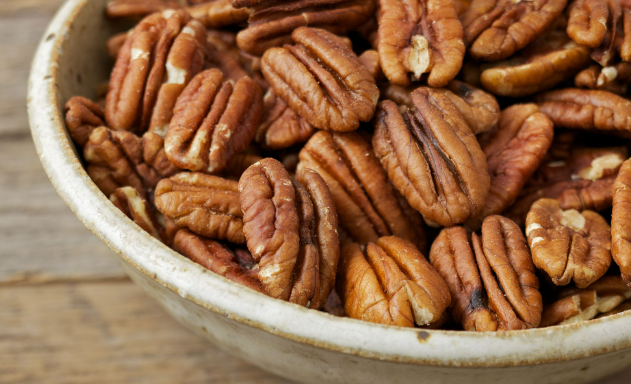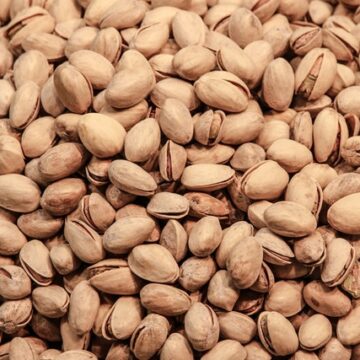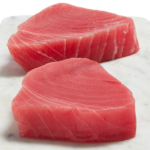Are you a proud dog owner who loves to share delicious treats with your furry friend? If you’re a fan of pecans, you might be wondering if dogs can eat pecans and indulge in the crunchy goodness too. Look no further, because we’ve got the ultimate guide to pecans and your pup!
While pecans can be a tasty snack for humans, they can pose some potential health risks for dogs. As a responsible pet owner, it’s important to know what foods are safe for your furry companion to consume.
In this guide, we’ll explore the nutritional benefits of pecans, the potential dangers they pose for dogs, and some safe alternatives for your pup to enjoy. So, if you’re curious about whether or not your dog can eat pecans, read on to learn everything you need to know!
What are pecans?
Before we dive into the topic of whether or not dogs can eat pecans, let’s first discuss what pecans are. Pecans are a type of nut that are native to North America. They are a popular ingredient in many recipes, from pies and cakes to salads and savory dishes. Pecans are known for their rich, buttery flavor and crunchy texture. They are also packed with nutrients, including healthy fats, fiber, and protein.
Nutritional value of pecans
Pecans are a nutritious food that can provide many health benefits to humans. They are an excellent source of healthy fats, including monounsaturated and polyunsaturated fats, which can help lower cholesterol and reduce the risk of heart disease. Pecans are also high in fiber, which can aid in digestion and promote feelings of fullness. Additionally, they are a good source of protein, vitamins, and minerals, including vitamin E, magnesium, and zinc.
Can dogs eat pecans?
While pecans can be a tasty snack for humans, they can pose some potential health risks for dogs. Pecans are not toxic to dogs, but they can cause digestive issues and even lead to an intestinal blockage if consumed in large quantities. Additionally, pecans are high in fat, which can cause pancreatitis, a potentially life-threatening condition, in some dogs.
It’s important to note that not all dogs will react the same way to pecans. Some dogs may be able to tolerate small amounts of pecans without any issues, while others may experience adverse reactions even with just a few pieces. It’s always best to err on the side of caution and avoid feeding your dog pecans altogether.
Risks associated with feeding pecans to dogs
Feeding your dog pecans can pose several risks to their health. As previously mentioned, pecans are high in fat, which can lead to pancreatitis in some dogs. Pancreatitis is a condition where the pancreas becomes inflamed and can no longer function properly. Symptoms of pancreatitis in dogs include vomiting, diarrhea, abdominal pain, and loss of appetite.
Another risk associated with feeding pecans to dogs is the potential for an intestinal blockage. Pecans are a hard, crunchy nut that can be difficult for dogs to digest. If a dog eats a large quantity of pecans, they may become stuck in the intestines and cause a blockage. This can be a life-threatening condition that requires immediate veterinary attention.
Symptoms of pecan toxicity in dogs
While pecans are not toxic to dogs, they can cause symptoms of toxicity if consumed in large quantities. Symptoms of pecan toxicity in dogs include vomiting, diarrhea, abdominal pain, lethargy, and loss of appetite. If you suspect that your dog has ingested a large quantity of pecans, it’s important to contact your veterinarian right away.
Alternatives to feeding pecans to dogs
If you’re looking for a healthy, tasty treat to give your pup, there are plenty of alternatives to pecans that are safe for dogs to consume. Some great options include:
– Carrots
– Green beans
– Apples (without the seeds)
– Blueberries
– Sweet potatoes
These treats are low in fat and high in nutrients, making them a great choice for dogs of all ages and sizes. Just be sure to introduce new foods gradually and in small quantities to avoid any digestive upset.
Benefits of feeding dogs pecans
While pecans can pose some health risks to dogs, they can also provide some health benefits when consumed in moderation. Pecans are high in healthy fats and protein, which can help support a dog’s overall health and wellbeing. Additionally, pecans are a good source of fiber, which can aid in digestion and promote feelings of fullness.
Precautions to take when feeding pecans to dogs
If you decide to feed your dog pecans, it’s important to take some precautions to ensure their safety. First, make sure to introduce pecans slowly and in small quantities. Watch your dog closely for any signs of digestive upset or other adverse reactions. Additionally, make sure to remove the shell from the pecan before feeding it to your dog, as the shell can be a choking hazard.
How to incorporate pecans into your dog’s diet
If you’re interested in incorporating pecans into your dog’s diet, there are a few ways to do so. You can chop pecans into small pieces and mix them in with your dog’s regular food as a treat. Alternatively, you can make homemade dog treats using pecans as an ingredient. Just be sure to use a recipe that is specifically designed for dogs and avoid using any ingredients that are toxic or harmful to dogs.
Conclusion – Can dogs eat pecans?
In conclusion, while pecans can be a tasty and nutritious snack for humans, they can pose some potential health risks for dogs. While pecans are not toxic to dogs, they can cause digestive issues and even lead to an intestinal blockage if consumed in large quantities.
If you’re unsure about whether or not your dog can eat pecans, it’s always best to err on the side of caution and avoid feeding them to your furry friend altogether. Instead, opt for safe, healthy alternatives that are specifically designed for dogs. Your pup will thank you for it!








